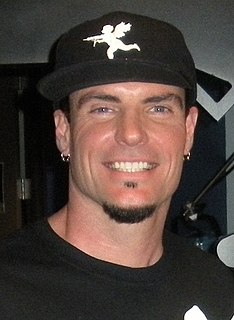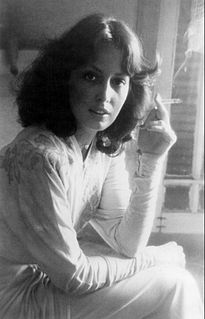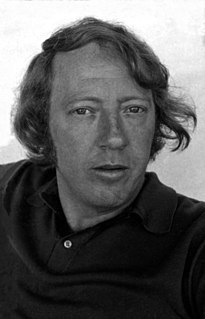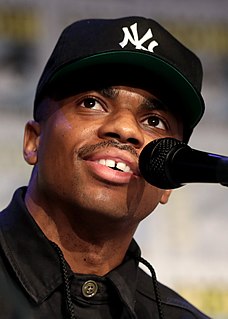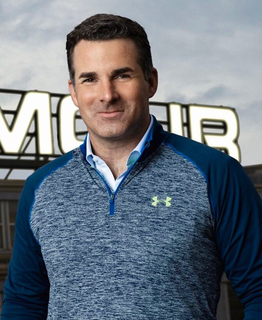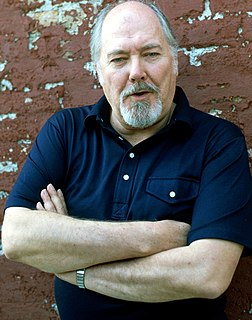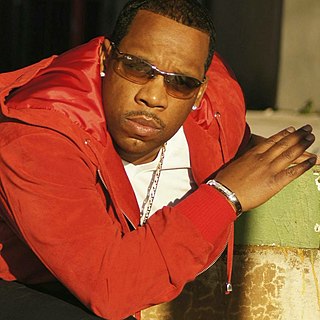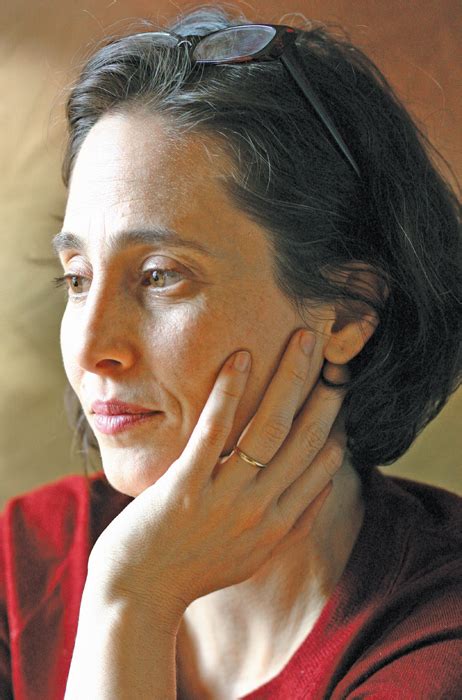A Quote by Sheila Heti
In the transcribing and the editing, you want some retention of how the person speaks - you don't want to edit out all of the hesitations and idiosyncrasies. And to get people to say something they've never said before. That's big.
Related Quotes
I generally go into a movie with a very strong vision, with how I want to make the film, how I want to shoot the film, how I want to edit the movie, what I want the sound to sound like. So I have a very concrete idea even if I don't storyboard it, I know exactly what I want to do once I get into the sequence. Now having said that, I try not to let that slave me to the process. So if I do storyboard a sequence I don't necessarily stick to it if I discover more exciting things on set.
One of my younger homies, he went to jail, and some people came to me and were like, "Bail him out," and I said no. Why would I bail him out? He's going to prison. Let him sit and get some time served. You want to be crazy, but you don't want to go to jail. You want to shoot people, but you don't want to kill people. That's such a misleading thing.
When you are converted, you want to do what you didn't want to do before, and you don't want to do what you wanted to do before. There's a change in the heart; there's a cleaning up, a change in orientation, and holiness becomes attractive, instead of something you have to put up with to figure out what you can get away with. As long as young people are asking, 'Can I get away with this?' or 'Can I get away with that?' I wonder if they're regenerate. If they're asking, instead, 'How can I grow in holiness?' then I suspect they've begun to understand.
A big part of making an album is that you want to have enough material - you want to have enough stuff for people to hear and know that it represents you. So it does sometimes turn into a situation where you're saying to the person you're working with, "Well, what do you want?" But then there are other times when I work with people and they'll turn to me and say, "How do you want to do this?" And that's actually when I work best.
Once you become somebody, that don't mean you distance yourself from people. There is no such thing as no one can walk the streets or go outside. That I will never believe. There might be some fanfare. There might be some paparazzi, but you can control that. All you have to do is maintain the person you were before that when you would tell someone to back up or get out of my way or just stop and address people. Give them what they want. Have a smile, kick a few lyrics, and be out.

